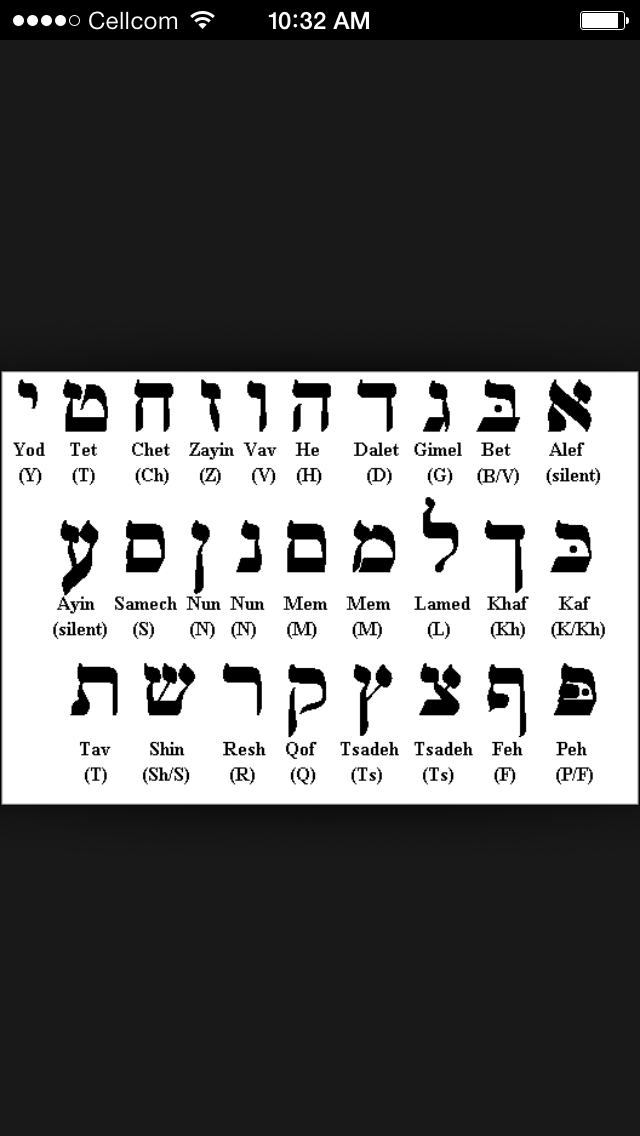 |
| Baha'i Gardens |
 |
| Al Diyar Restaurant and our first Israeli beer "Maccabee" |
 |
| The sweet lady sitting behing Giovanni and Senem had family ties to Turkey and spoke some Turkish |
 |
| Young Israeli soldiers in green uniforms are on a field trip visiting historic sites |
 |
| Our breakfast in Akko - bread with herbs |
 |
| Akko |
 |
| One of the many traces of the Ottoman presence in the older days |
 |
| All the doors of houses and shops in Akko were painted in blue with unique designs on them |
Completing
the gang, we hit the road to Haifa (we preferred the train, which operates very
quietly and smoothly, with comfortable seats, highly recommended; our choice of
hotel in Haifa was Loui Hotel Apartments, simple but nice for the price you
pay, also recommended). To be honest, there’s nothing to see in Haifa as a
tourist. The city is
like a ghost town, including the displays of the shops everything
seems to be frozen in time 30-40 years ago. Streets are quiet, buildings are
worn out. The major sight is the Baha'i gardens, which consists of the tomb of
the so called Bab (the gate), one of the founding fathers of the Baha'i
religion, and the well maintained, perfectly designed gardens surrounding it.
Bahaism is a religion with a history of 150 years that synthesizes the three
monotheistic religions, set upon a few universal principals. Not that well
known in modern Turkey, it actually is a religion very much interrelated with
late Ottoman history with the founder being exciled from Persia to Ottoman
Empire, coming first to Istanbul, then to Edirne (Adrianapolis), and finally held
under house arrest in then Ottoman now Israeli city of Akko. The same thing
that happened to me in India at Taj Mahal happens to us here as well and we
happen to be there when the gardens are closed. Having to settle with a view of
the gardens from the hilltop we took refuge in a restaurant when suddenly were
caught in heavy rain (Al Diyar Restaurant - recommended). With the daylight
diminishing by the minute we decided the best thing to do in this not so
attractive town would be enjoying some wine, so we returned to the hotel with
the bottles we bought at a grocery store. Sipping our wine on the terrace we
were all surprised by the taste of the $12 bottle wine(Carmel Winery-Private
Selection-Syrah). This wine which was way superior to the ones in Turkey in the
same price category, became the highlight of the day.
The next day was reserved for visiting Akko, which was about 45 minutes
away by bus from Haifa. Akko, which was an important port town during the
Crusaders' rule over the holy lands, was like a smaller coastal version of
Jerusalem with its well preserved old buildings made out of yellow stone,
narrow streets, and temples belonging to all three Abrahamic
religions. Israeli soldiers were the only ones visitings the sites besides
us. As part of a field trip for the whole batallion, they were forming an
interesting scene with their green uniforms, young ages and mixed genders.
Every Israeli out of high school has to do a military service of 3 years for
the males and 2 years for the females. Arabs
are exempt from this requirement, therefore the percentage of non-Jewish in the
army is very low. The situation of the ultra-orthodox Hasidics, Druzes and
Bedouins in the army is another area of contraversy in recent times. We returned
to Haifa from Akko, and from there took a bus to Jerusalem.


















































